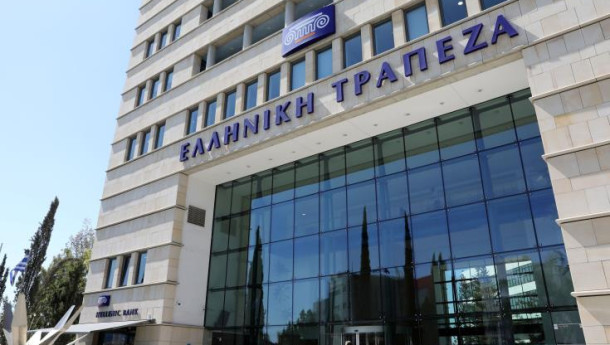
International credit rating agency Capital Intelligence (CI) announced on Thursday that it has affirmed the long term and short-term ratings of Hellenic Bank (HB) at ‘BB-’ and ‘B’, respectively.
The outlook is stable, indicating that the ratings are unlikely to change over the next 12 months in view of the Bank’s large stock of Non-Performing Exposures (NPEs) and significantly impaired capital position due to the high level of unprovided NPEs.
According to the rating agency the bank’s core financial strength (CFS) is supported by the Bank’s excellent liquidity metrics as evidenced by its large customer deposit base and high level of liquid assets, by the continued improvement in loan asset quality metrics and by the higher level of earnings. The ratings also reflect the Bank’s market position as the second largest bank in Cyprus with an enhanced retail franchise following the acquisition of part of the operations of the Cooperative Central Bank (CCB) in September 2018.
CI points out that the main challenges for the Bank are the still high NPE ratio and only moderate NPE coverage ratio, the consequent continued impairment of the capital base and the high level of real estate exposure reflecting its large book of residential mortgage loans. Improving the still comparatively weak profitability ratios is an additional challenge given high operating costs and the low interest rate environment.
It is also noted that HB’s business model has improved significantly following the absorption of CCB’s extensive customer base. This has also strengthened HB’s position as the leading retail and SME bank in Cyprus.
It is added that the assets acquired contributed to more than doubling the size of the Bank as well as increasing its market share in both loans and deposits. The balance sheet composition remains conservative with a moderate level of net loans, a large portfolio of debt securities (mainly Cyprus government bonds), and a good level of liquid assets.
“Due to the large residential mortgage book and loans to the construction and real estate sectors, the Bank’s exposure to the real estate sector is high. The quality of this exposure also remains weak despite some recent improvement. An offsetting factor is the recovery of the real estate market in recent years – something that should improve the value of collateral”, it is also noted.
The rating agency also says that while loan asset quality metrics have improved significantly, the NPE ratio remains high and loan loss reserve coverage is moderate by international standards.
“While the Bank is focused on further reducing NPEs, this could be hampered by amendments proposed by opposition members of parliament to the July 2018 Foreclosure Law which would weaken the position of lenders. These are however being contested by the government and will be considered by thes upreme court next year”, it is added.
CI also says that a key historical strength of HB has been its prudent balance sheet management, which has provided the Bank with excellent liquidity metrics. These metrics have strengthened even further with the acquisition of CCB’s largely retail customer deposits and a larger portfolio of Cyprus government bonds. The latter was equivalent to more than four times the Bank’s total equity at end H1 2019.
The Bank’s capital ratios, the report adds, have also strengthened noticeably, especially after the rights issue in March 2019, and are well ahead of regulatory requirements and the ratios of its largest peers.


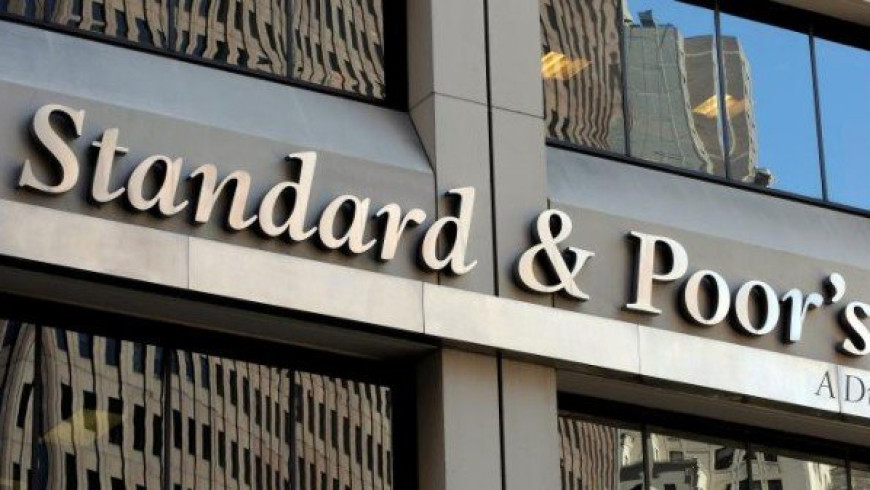

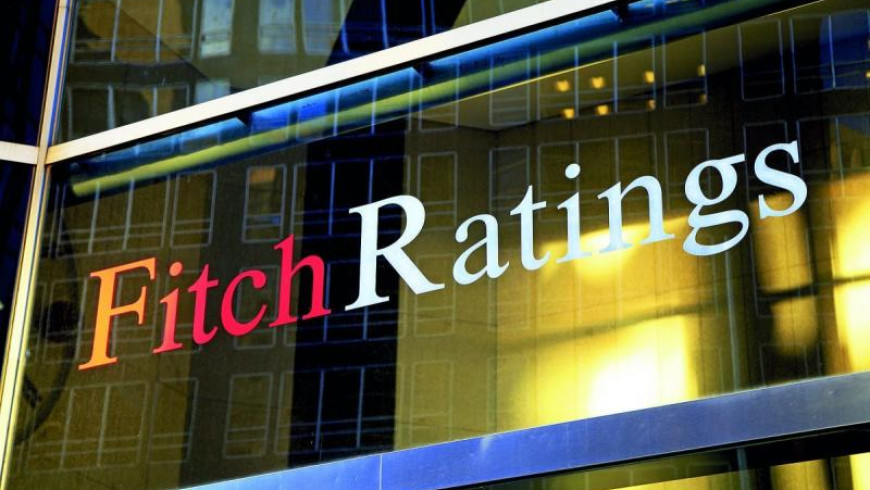

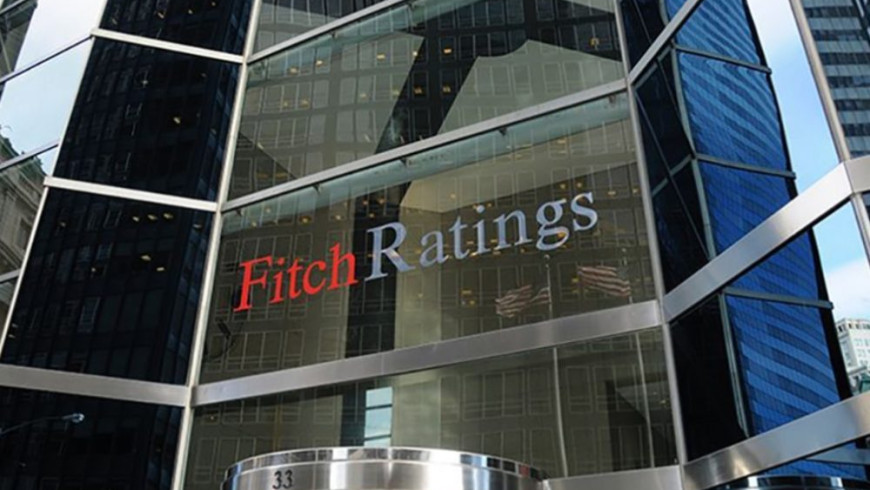
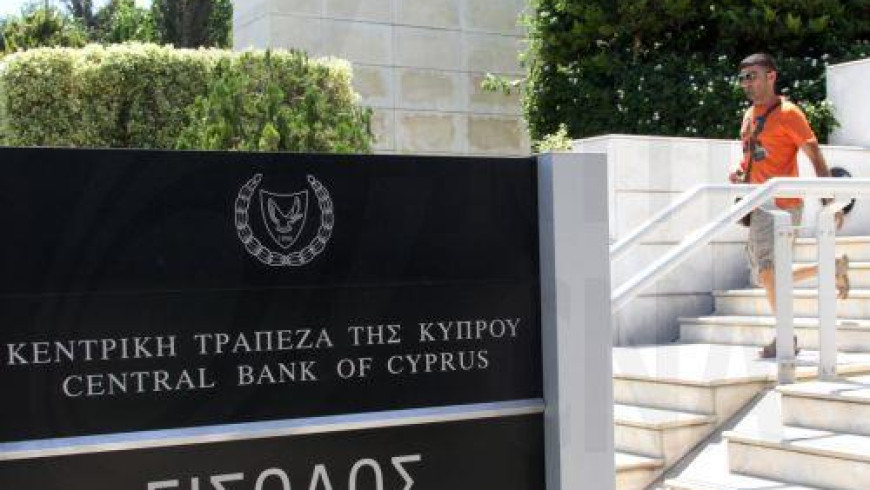






 3287.99
3287.99 1275.09
1275.09
